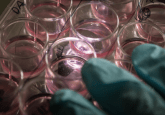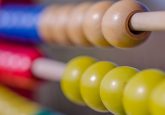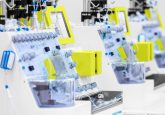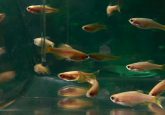Implementing sensors into cell culture systems: an interview with Abbie Underhill
In this podcast, Tristan Free – Digital Editor at RegMedNet – speaks to Abbie Underhill (Scientific Bioprocessing) about the role that sensors have in regenerative medicine, including the biggest challenges behind implementing sensors in cell culture systems.
00:37 – Please can you introduce yourself and tell us a bit about Scientific Bioprocessing?
00:58 – Can you tell us more about these sensor technologies and how they work?
01:36 – What role do those sensors have in regenerative medicine? Why are they important?
02:22 – Do you think that these sensors could play a role in developing cell cultures to become more representative of that in vivo environment?
02:56 – What are the biggest challenges when implementing these sensors into cell culture systems?
04:06 – What are some of the ways that your sensors and systems could help overcome those challenges?
05:15 – You mentioned reproducibility earlier. Does that concept of set-it-and-forget it help bring down some of the human error involved and improve that reproducibility?
06:00 – In your opinion, how could sensors help with fast tracking therapies to patients?
07:24 – In these cell cultures, are they largely 2D cell cultures or can you also do this going into the 3D side?
08:42 – Where do you hope that SBI’s sensors and systems could be applied in the future?
09:55 – If people would like more information on this, how can they contact you?
In association with:
This podcast is part of the RegMedNet Spotlight on cell monitoring and imaging. Click here to view the full feature and discover expert insights on this >>>






